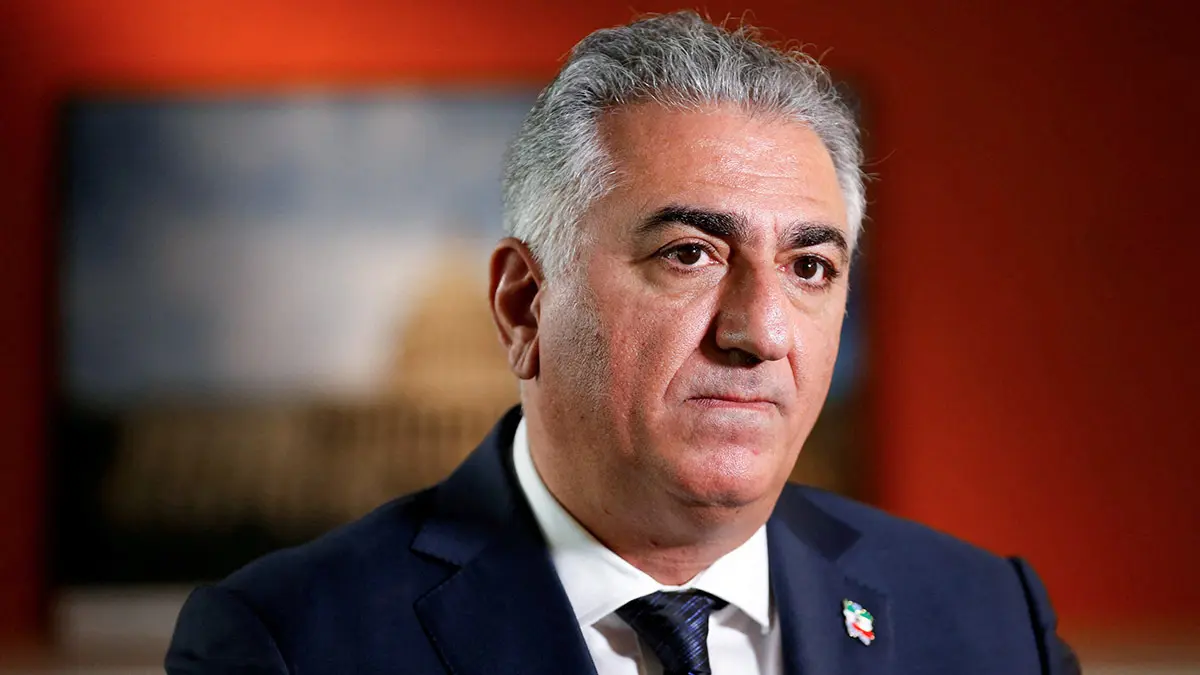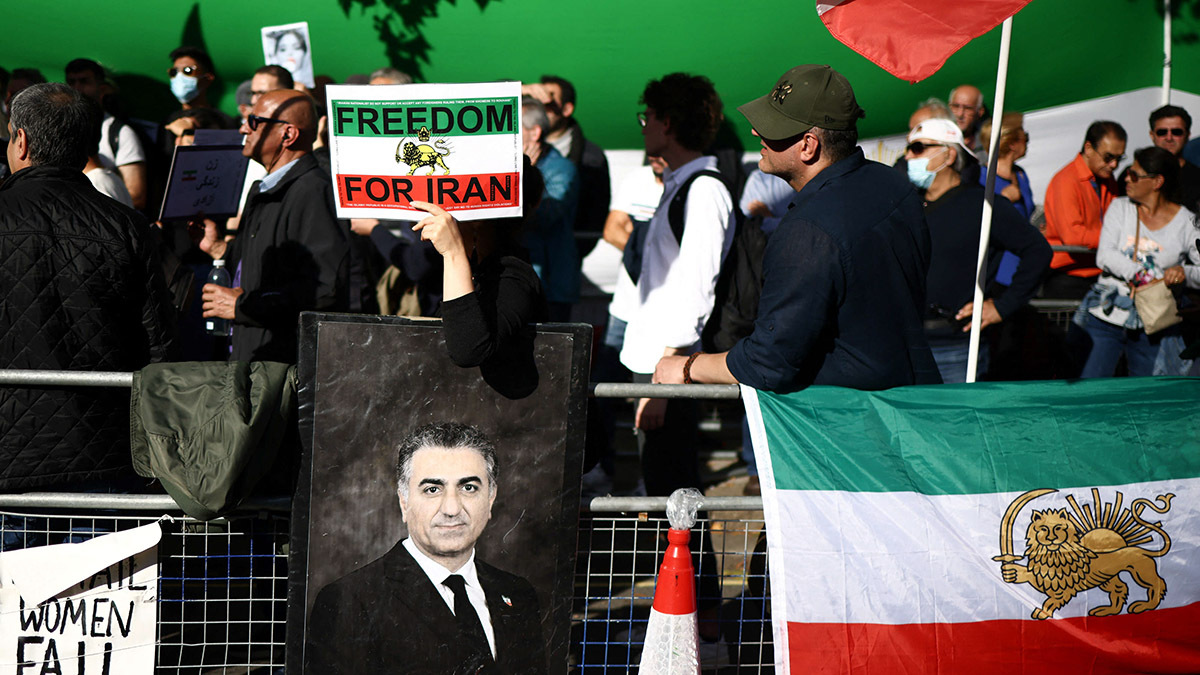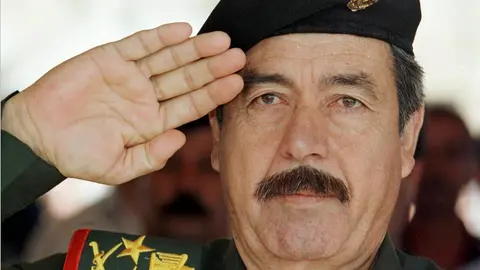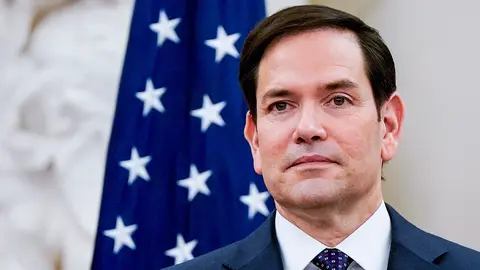Monarchists: an opportunity for the Islamic Republic of Iran?

- A monarchical regime in historical decline
- A virtual movement with no popular roots
- The role of the Iranian regime in promoting the monarchists
- Peace in the region, security in the world
- 8 February: the voice of the Iranian people in Paris
To this end, he sought the support of certain conservative Western movements, above all to benefit from media platforms.
In the midst of the revolt of 2022, when brave women and determined young people seemed ready to relegate the religious dictatorship to the past forever, the son of the former Shah of Iran, Reza Pahlavi, travelled extensively in Europe, particularly in France, to try to position himself as a political alternative to the regime. To this end, he sought the support of various Western forces and enjoyed extensive media coverage.
It was natural that young people who were willing to risk their lives to put an end to tyranny once and for all and bring freedom to its ruins should ask themselves: would their struggle and sacrifice lead to the rise of Reza Pahlavi? A man with no militant past and no clear programme for the freedom of Iran?
He himself recently declared in an interview that he did not wish to sacrifice his friends and his own freedom in the United States for Iran. A statement that has increased mistrust and doubts about his true commitment.
A political analyst closely linked to the Iranian regime stated in his doctoral thesis - picked up by several official media outlets - that ‘monarchism is an opportunity for the Islamic Republic. The monarchists have no real chance of coming to power and, by sowing division within the opposition, they have provided the regime with an invaluable service’.
A monarchical regime in historical decline
Iran's monarchies, which date back several millennia, are among the oldest political systems in the world. However, from the end of the Qâdjâr dynasty onwards, they gradually lost legitimacy due to inefficiency, corruption and authoritarianism. The constitutional revolution of 1906, inspired by the French Revolution, marked a turning point towards a form of governance based on popular participation.
Finally, the Pahlavi dynasty was overthrown in 1979 after decades of political repression and economic failure. The flight of the last shah and his death in exile - like those of the last two Qajar monarchs - symbolise the irreversible collapse of the monarchy, a political system that has historically come to an end in Iran.
For more than 45 years, the Iranian people have been seeking a model of government based on democracy, justice and human rights. The slogans of the 2022 uprising, such as ‘Death to the tyrant, be he shah or mullah’, clearly illustrate the rejection of both the current regime and a return to the monarchy.

A virtual movement with no popular roots
The influence of the monarchists is mainly limited to social networks and certain circles in exile. They exploit the crises caused by the Islamic Republic - poverty, repression, executions - to present themselves as a credible alternative. However, they ignore an essential historical fact: if the Islamic Republic was able to seize power in 1979, it was largely thanks to the fierce repression of democratic and progressive parties under the Shah's regime. As a former official of the regime admitted, ‘the infernal machine of the SAVAK under the Shah paved the way for the Islamic Republic’.
Even in exile, the monarchists are struggling to establish themselves as a credible political force. The failure of the ‘I give my power’ campaign, which aimed to make Reza Pahlavi the undisputed leader of the opposition, is compelling proof of this. Iranians in the diaspora overwhelmingly rejected this initiative, demonstrating their lack of support for this political current.
Analysts also point out that ‘even countries opposed to the Islamic Republic have realised this and trust the group of hypocrites (a derogatory term used by the Iranian regime to refer to its sworn enemies, the People's Mujahideen) more than the monarchists to bring about its downfall’.
The role of the Iranian regime in promoting the monarchists
An intriguing phenomenon is the disproportionate presence of monarchists on social networks. Given that some former Iranian intelligence officials gravitate around Reza Pahlavi, a legitimate question arises: do these financial and technical resources come in part from inside Iran?
The monarchists also benefit from the colossal fortune that the Pahlavi family transferred abroad during their exile. However, instead of presenting a clear programme for the future of Iran, they concentrate their efforts on defaming other opposition groups.
Peace in the region, security in the world
For more than four and a half decades, the Iranian regime has plunged the Middle East into chaos by resorting to hostage-taking, exporting terrorism and fuelling conflicts such as the Gaza crisis. This policy has cost the lives of hundreds of thousands of people and exacerbated regional instability.
At a demonstration in Paris on Saturday 1 February, Louis Arnaud, a former French hostage in Iran, rightly called for an end to the suffering of the families of the three French hostages still being held by the religious dictatorship. He also spoke of his Iranian friends imprisoned in Evin prison and condemned to death.
Today, at a time when the Iranian regime is weaker than ever, following the fall of Bashar Al-Assad in Syria and the weakening of its forces in the region, it is trying to compensate for its weakness by trying to acquire nuclear weapons. But the international community must take this threat seriously and recognise the right of the Iranian people to resist this regime.
8 February: the voice of the Iranian people in Paris
On 8 February 2025, tens of thousands of Iranians will gather in Denfert-Rochereau Square in Paris to ask the international community to recognise the Iranian people's right to resist, with the aim of establishing a democratic and secular republic in their country.
Just as the French people's right to resist the Nazis was recognised, the time has come for the world to listen to the voice of freedom-loving Iranians.
Only by supporting the Iranian Resistance and its resistance units will we be able to put an end to the dictatorship, establish peace in the region and guarantee security in Europe.



